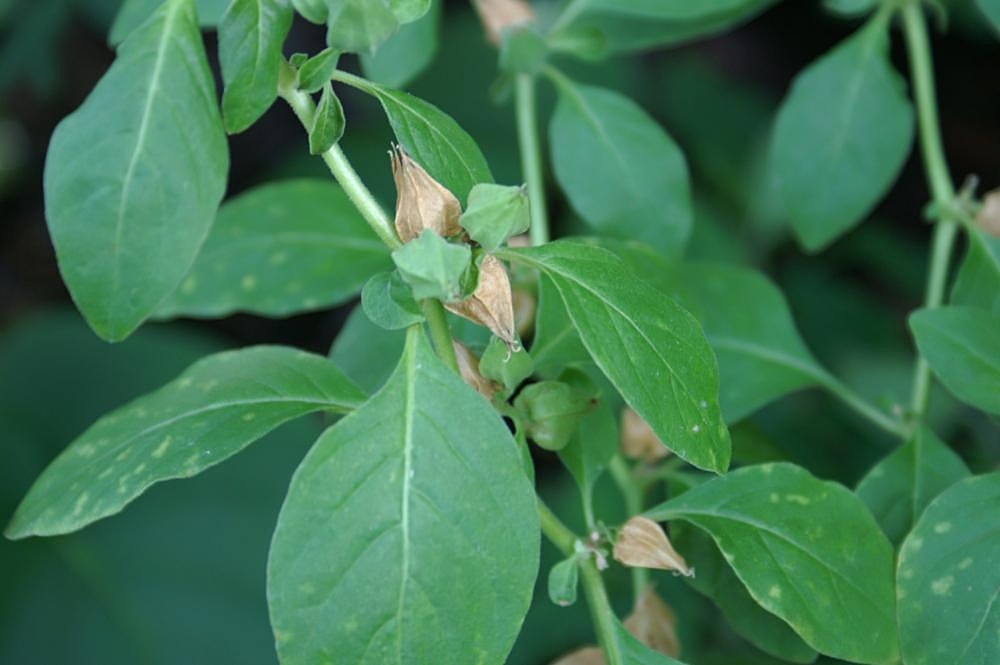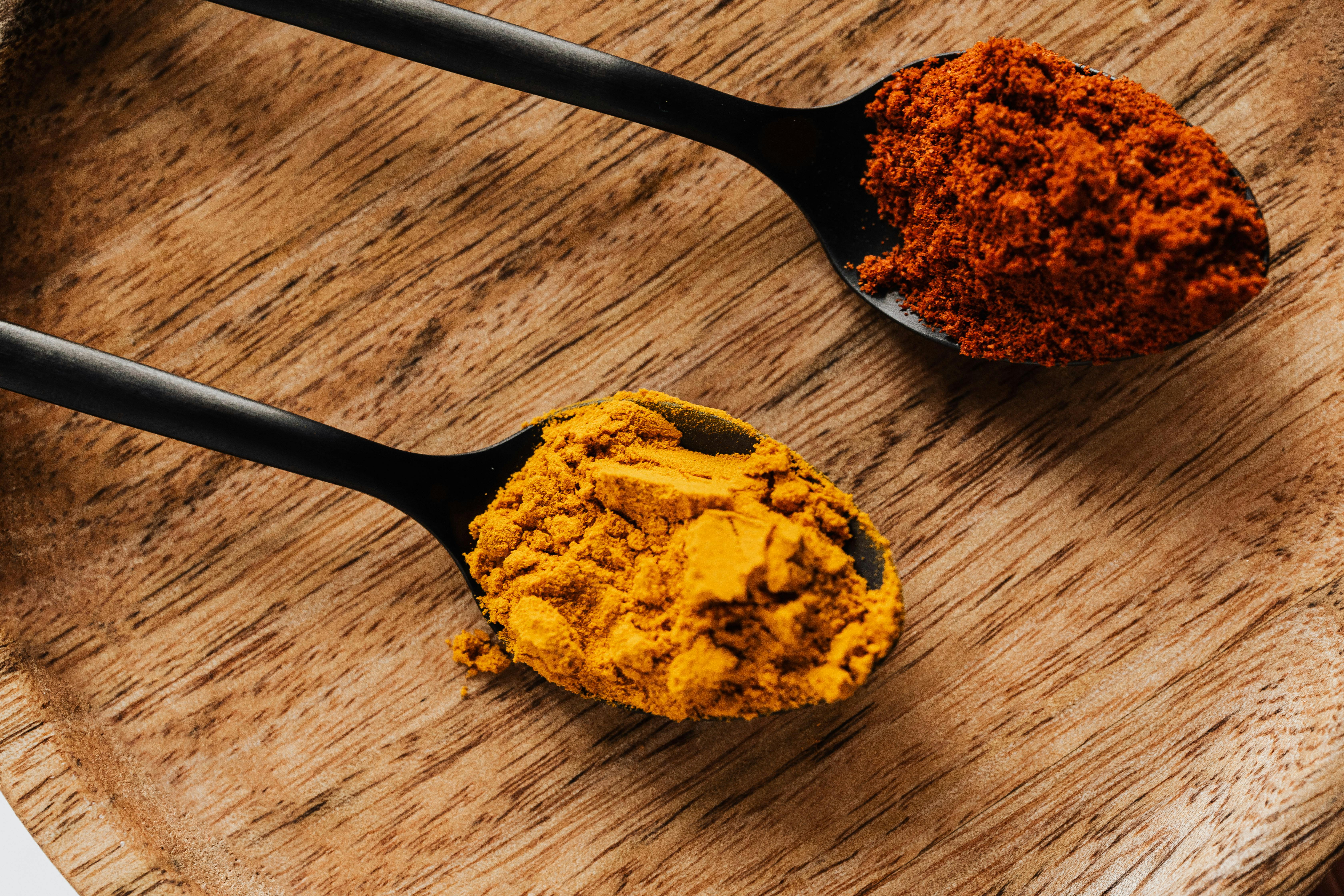Exploring the Six Herbal Allies Everyone's Reaching for in 2025
As we navigate the ever-evolving landscape of wellness, 2025 marks a significant year in the resurgence of herbal remedies. This era, characterized by a harmonious blend of ancient wisdom and modern science, has seen a renewed interest in plant-based solutions for health and well-being. The global community is increasingly turning to nature's pharmacy, seeking holistic approaches to support physical and mental health. This article delves into the six herbal allies gaining prominence in 2025, exploring their historical roots, scientific backing, and the modern-day applications that have captivated the hearts and minds of wellness enthusiasts worldwide.
Ashwagandha: The Adaptogen of Modern Stress

Ashwagandha, a revered herb in Ayurvedic medicine, has become a staple in managing stress and anxiety in 2025. Known for its adaptogenic properties, it helps the body adapt to stressors, promoting balance and resilience. Recent studies have highlighted its efficacy in reducing cortisol levels, the hormone responsible for stress. This has made ashwagandha particularly popular among professionals and students facing high-pressure environments. Furthermore, its neuroprotective properties are being explored for cognitive enhancement, making it a sought-after supplement for those looking to improve focus and mental clarity. Ashwagandha's versatility and profound impact on mental health underscore its enduring appeal.
Turmeric: The Golden Healer

Turmeric, with its active compound curcumin, continues to shine in 2025 as a potent anti-inflammatory and antioxidant agent. Its vibrant golden hue symbolizes its powerful healing properties, which have been utilized for centuries in traditional medicine. Modern research has validated turmeric's role in managing chronic inflammation, a common underlying factor in many diseases, including arthritis and heart disease. Additionally, its potential in supporting brain health and delaying neurodegenerative conditions like Alzheimer's is being actively explored. As more people seek natural alternatives to pharmaceuticals, turmeric's accessibility and broad-spectrum benefits ensure its place as a staple in the herbal arsenal.